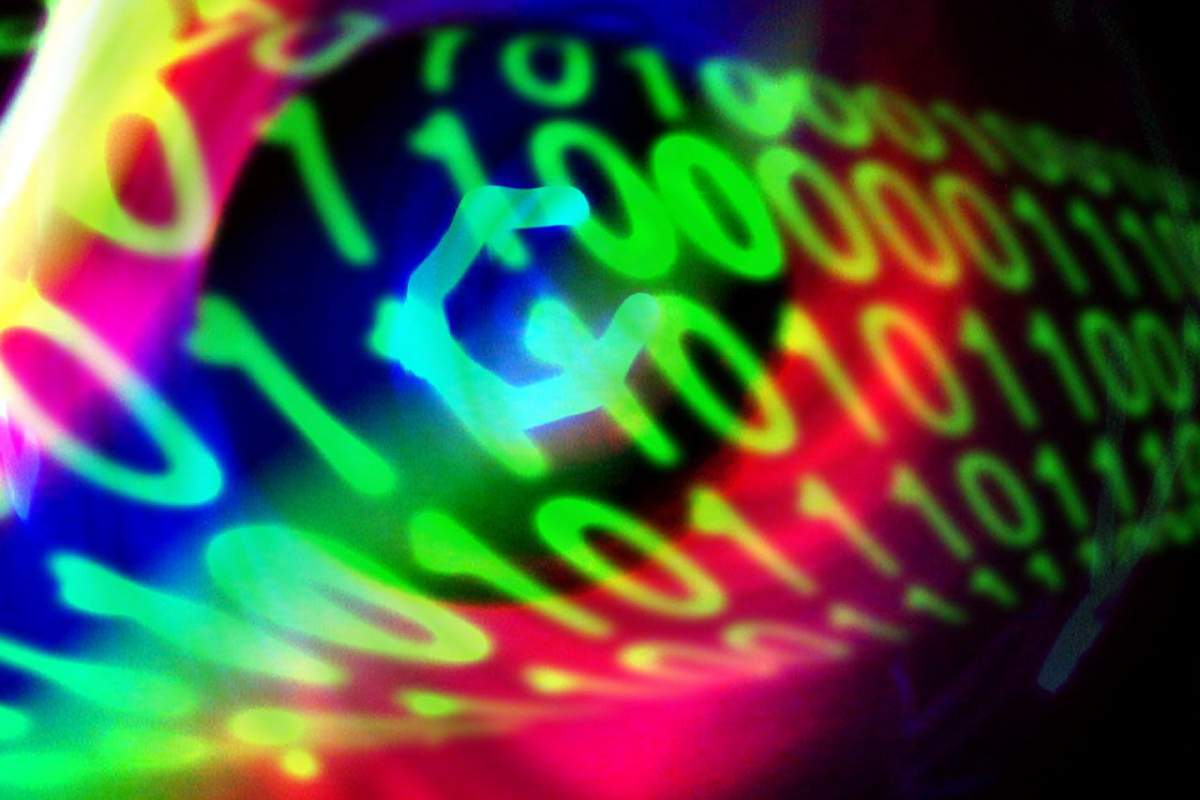
For some, imagining how the internet, especially now that wireless internet is available widely, works can be hard to fathom. It can be even harder, because of its intricacies, to figure out how much energy it takes to run and maintain the internet.
Do we only account for the electricity used in maintaining servers, routers, and network equipment, or do we also factor in the electricity used by computers and other devices that connect us to the Internet, or also factor in the energy it takes to manufacture such products?
Gigawatts
A pair of researchers in California compiled calculations and estimate that it takes between 170 and 307 Gigawatts of energy each year to support the wall‑socket power and infrastructure needed to run the Internet.
To put that estimate in some perspective, even the lowest number is the equivalent of powering several billion 100‑watt incandescent bulbs.
While that number is considerable, even taking the maximum number of that estimate, 307 Gigawatts constitutes only 1.9% of the energy expended across commercial, residential, industrial, and transportation sectors
Plane Rides Vs Teleconferencing
This study's findings indicate a surprising conclusion: the Internet is one of the most energy‑efficient means of communication.
The cost of the internet is reduced most by being moderate in replacing devices. The less often people replace their devices, the more energy that's saved.
One other energy-saving note from the study is that if every company that engages in business travel substituted just one in four plane rides for business with a videoconference, the world would save about as much power as the entire Internet consumes.
Thank you to Barath Raghavan, International Computer Science at the University of California, Berkeley for reviewing this episode's script.
Sources And Further Reading:
- Giles, Jim. "Internet Responsible for 2 Percent of Global Energy Usage." New Scientist. October 26, 2011. Accessed August 23, 2017.
- Raghavan, Barath. Ma, Justin. "The Energy and Emergy of The Internet." Proceedings of the 10th ACM Workshop on Hot Topics in Networks. November 14-15 2011. Accessed August 23, 2017.









